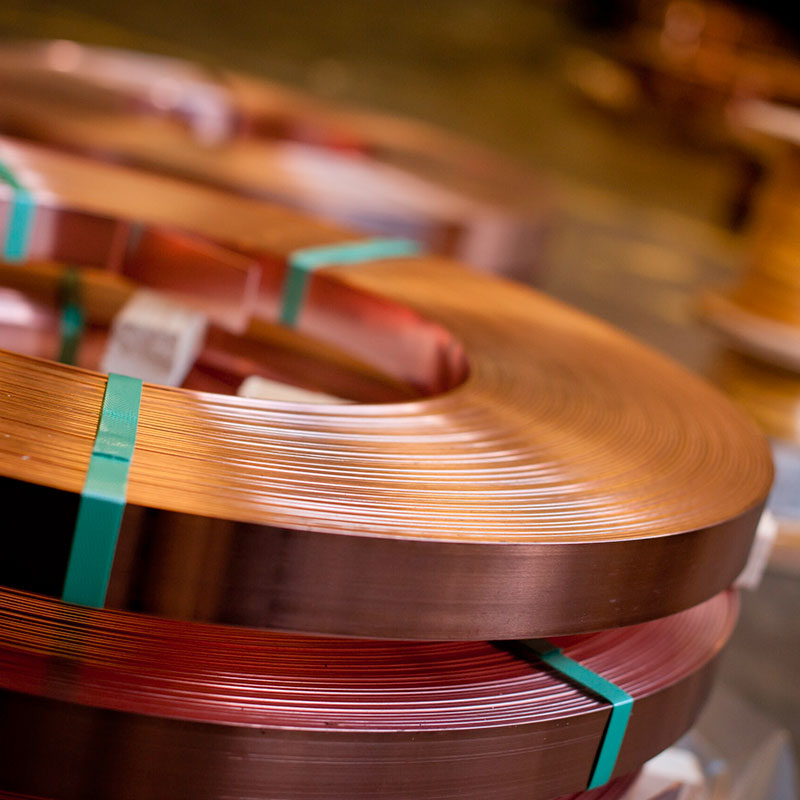Copper strips are an integral component utilized in various industrial applications. From electrical and electronic equipment to construction and architecture, copper strips have been utilized for decades as a superior material for their exceptional electrical conductivity and durability.
Copper strips are flat metal sheets that are produced from copper ingots through a process called milling. The strips are available in various sizes, thicknesses, and grades to meet the specific requirements of different applications. They are produced in different widths, ranging from 1/4 inch to 12 inches, and thickness ranges from 0.002 inches to 0.125 inches, making them suitable for various applications.
Industrial Applications of Copper Strips
Electrical and electronics industry: Copper strips are most commonly utilized in the electrical and electronics industry for their exceptional electrical conductivity. Copper is one of the best conductors of electricity and is ideal for electrical wiring, motors, transformers, and generators. Copper strips are also used in electronic equipment such as printed circuit boards (PCBs), which act as an excellent conductor of electricity in the circuits.
Construction industry: Copper strips are also utilized in the architecture and construction industries. They are widely used for roofing, guttering, and flashing due to their corrosion-resistant properties. Copper metal possesses a natural protective oxide layer, preventing rust. The material is also malleable, which makes it easy to form and mold into various shapes and sizes, making it a popular choice for decorative elements in buildings.
Mechanical and engineering industry: Copper strips are used in the mechanical and engineering industries for their strength and durability. It is utilized to manufacture heat exchangers and radiators, providing exceptional thermal conductivity making it an ideal heat transfer medium. The material is also resistant to corrosion and oxidation, making it ideal for industries that require corrosion-resistant materials.
Advantages of Copper Strips
High electrical conductivity: Copper is an excellent conductor of electricity and, as a result, is utilized in various industrial applications such as electrical wiring and electronic circuits. Copper strips are preferred over other metals due to their low electrical resistance, meaning less energy is lost during transmission.
Excellent thermal conductivity: Copper is an excellent conductor of heat, making copper strips a popular choice for heat exchangers and radiators. The high thermal conductivity of copper allows it to transfer heat faster than other metals, making it ideal for applications that require fast and efficient heat transfer.
Corrosion-resistant properties: Copper is naturally resistant to corrosion and oxidation. The copper oxide layer formed on the surface of the metal acts as a protective barrier, preventing the metal from corroding. Copper strips are utilized in various industries that require corrosion-resistant materials, such as the marine industry and chemical processing.
Malleable and ductile: Copper metal is malleable and ductile, making it easy to form into various shapes and sizes. Copper strips are widely utilized in architectural applications, where they can be formed into decorative elements like roof tiles and gutters.
Conclusion:
In conclusion, copper strips are essential in various industrial applications. The material’s exceptional electrical conductivity, thermal conductivity, corrosion-resistant properties, and malleability make it a popular choice for various industries. Copper strips are ideal for electrical wiring, electronic circuits, construction, and engineering industries, making them one of the most versatile metals in manufacturing. The use of copper strips in industrial applications is expected to grow as more industries recognize its extraordinary characteristics.


